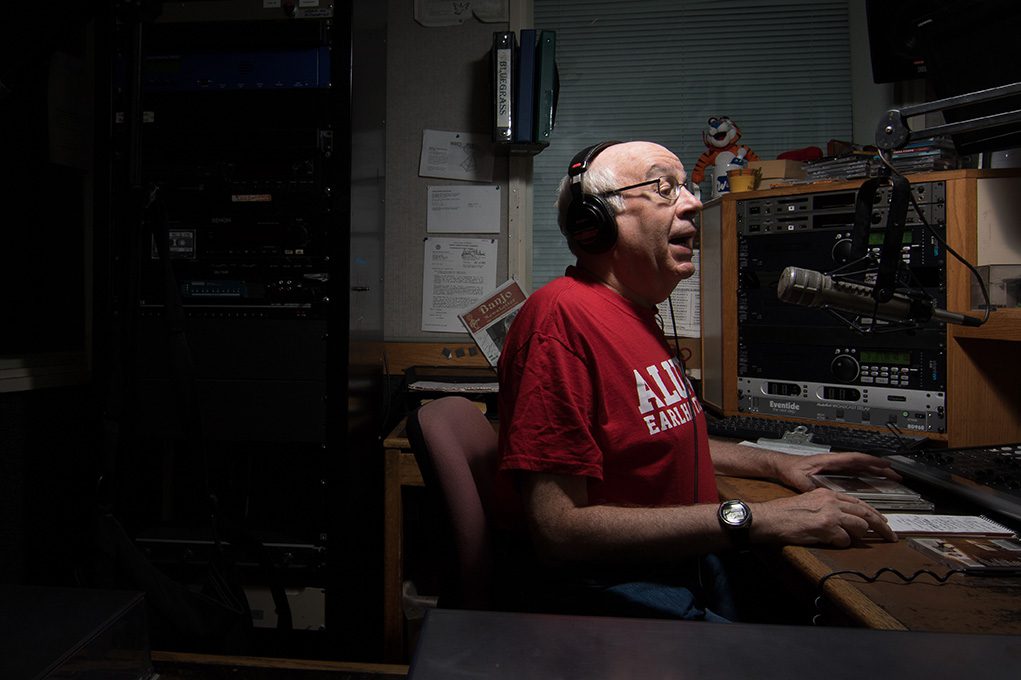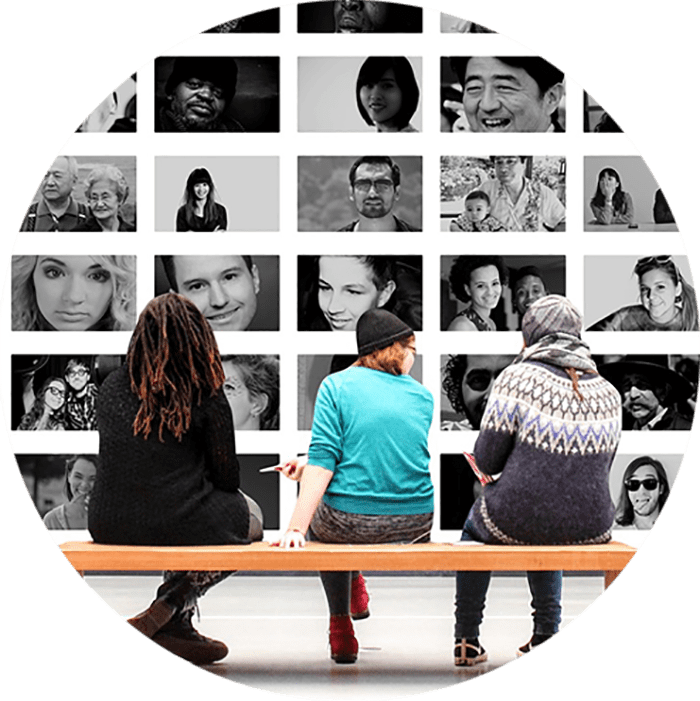Media and Communications
Communication shapes our world—from how goods are produced and circulate, to how we live our intimate lives in a global landscape. Global connectivity and our new forms of media have created new forms of power, given rise to new social movements and new opportunities for government surveillance, and created new platforms for self-expression.

Start your adventure
Sign up for more information about Earlham College.
Media and communications jobs include editors, public relations specialists, reporters, journalists, writers and more.
Investigating the intersection of technology and society
Earlham’s approach to media and communications asks questions that explore the inner workings and consequences of communication in our age. How do media platforms transform communication? How is the infrastructure of net connectivity related to power structures? How does connectivity generate new possibilities for social life?
Hands-on experience
A required internship supports media and communications majors in honing their career skills.
Student-led engagement
Take the lead in campus media by joining the staff of the Earlham Word newspaper or creating a show for WECI, Earlham’s radio station.

Our faculty
Because media and communications is an interdisciplinary major, our faculty come from a variety of departments, including sociology, anthropology, English, education, global management and film studies.
Frequently asked questions
Closely tied to our sociology/anthropology major, the media and communications major provides you with a deep understanding of how the ways we communicate are intertwined with society and politics. This prepares you for a wide variety of career paths.
The media and communications major draws on coursework from sociology, anthropology, English, education, global management and film studies.
The goal of the program is to develop leaders who understand how contemporary mechanisms of communication help reshape our world politically, economically and personally and who can shape policies at the national and global level. The coursework emphasizes how the emergence of new technologies produces new forms of social life.
There are a wide variety of internships available for media and communications majors. You may choose to intern on campus through work with the Earlham Word or WECI, or you may find an internship at an external organization.
Learn more about available programs via our Center for Global and Career Education.
Yes! Off-campus study is encouraged for media and communications majors.
Learn more about off-campus study opportunities via our Center for Global and Career Education.
Media and communications majors are interested in how communications shape society and vice versa. They are often passionate about media—from newspapers and television to social media and beyond. If you’re interested in a career in journalism, policymaking, law, marketing and advertising, public relations or business, the media and communications major may be for you.
